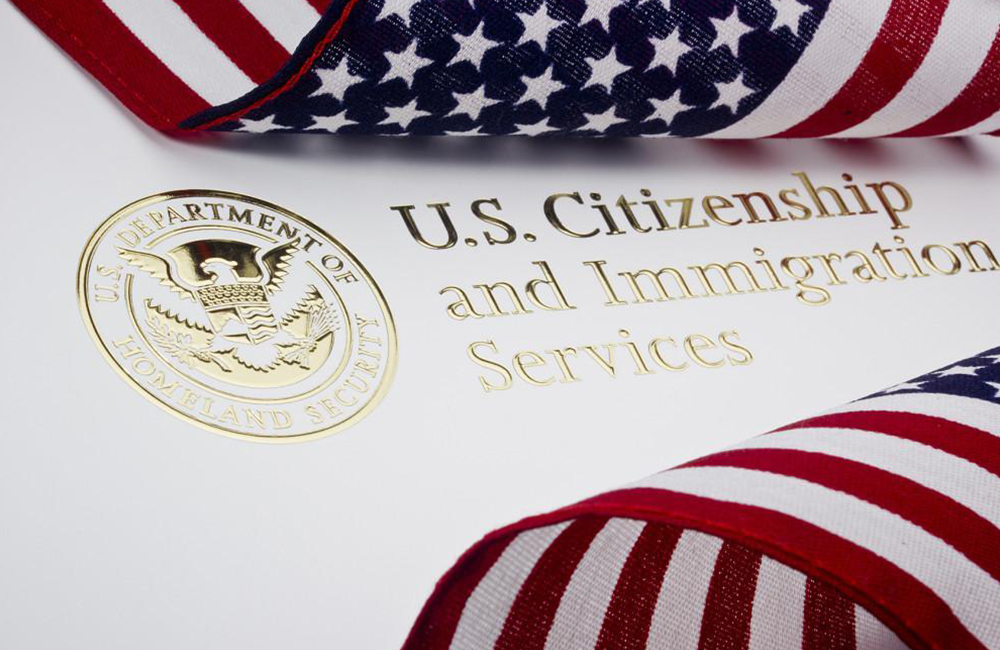
President Biden has nominated Ur Jaddou, who spent the past four years as a vocal advocate for unlimited immigration and a critic of the Trump administration, to become the director of U.S. Citizenship and Immigration Services (USCIS). Last week, I analyzed a portion of Jaddou’s written responses to Questions for the Record (QFR) submitted by several Senate Judiciary Committee Republicans that reveal that Jaddou is a proponent of executive amnesties using a broad and categorical interpretation of parole and deferred action. In this follow-up piece, I will focus exclusively on Jaddou’s concerning defense of birth tourism.
Birth tourism is the controversial practice of an alien woman entering the United States, typically on a B nonimmigrant tourist visa, to give birth here so that the child will acquire U.S. citizenship. The current interpretation of the 14th Amendment of the U.S. Constitution grants U.S. citizenship to nearly every baby born in the country. Treating the child as a U.S. citizen opens up the ability to sponsor relatives for green cards down the road. Unsurprisingly, this treatment has given rise to a lucrative shadow industry that the Center estimates results in at least 20,000 to 26,000 birth tourists each year.
The Trump administration’s State Department attempted to curtail birth tourism through a January 2020 final rule that revised the standard for issuing B visas for temporary visitors for pleasure. Under this rule:
Travel to the United States with the primary purpose of obtaining U.S. citizenship for a child by giving birth in the United States is an impermissible basis for the issuance of a B nonimmigrant visa. Consequently, a consular officer shall deny a B nonimmigrant visa to an alien who he or she has reason to believe intends to travel for this primary purpose.
The Center applauded the rule at the time as a “great first step” and offered four additional recommendations to further combat birth tourism.
The issue of birth tourism was raised by Sen. Ted Cruz (R-Texas) during the confirmation hearing. In a QFR, Ranking Member Grassley (R-Iowa) described Jaddou’s response to Cruz as “sidestep[ping] the real issue, which is whether birth tourism is an appropriate B visa activity.” In her QFR response to Grassley, Jaddou defended the ability of pregnant women to travel to the U.S. on a B visa “if, like all applicants for B visas, they meet certain requirements and pass a consular interview.” She then said that the Department of State and Customs and Border Protection are primarily tasked with processing visas and determining whether to admit an alien at the border or port of entry. When specifically given the hypothetical of an alien woman admitting to a consular officer that she intended to come to the U.S. to give birth, if that stated purpose of travel is impermissible, Jaddou replied, “Please see the answer above.”
Sen. Marsha Blackburn (R-Tenn.) submitted just one two-part QFR, but it was on the issue of birth tourism. In response to both sub-questions, which were not identical, Jaddou restated her initial response to Grassley. Cruz, who raised the issue of birth tourism during the conference hearing, received the same written response to a QFR. Remarkably, when Cruz asked Jaddou to define birth tourism and whether it is a significant problem, she directed Cruz to see her prior response, which was the same response given to different birth tourism QFRs by Grassley and Blackburn. Sen. Mike Lee (R-Utah) received the same written response from Jaddou to his QFR on birth tourism.
While Jaddou is correct that USCIS does not have primary jurisdiction on the immigration issues most directly implicated by birth tourism, her views on the issue are relevant to her potential role as USCIS director because of the downstream immigration benefits that attach to a child born in the U.S. to an alien. Restating the same generic, non-response to multiple senators implies that Jaddou supports the practice of birth tourism, or at minimum does not find the practice to be problematic or in violation of the purpose of B nonimmigrant status.
